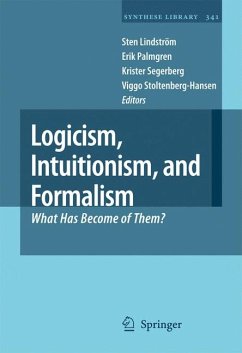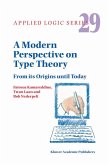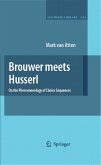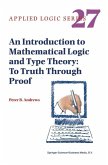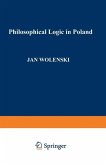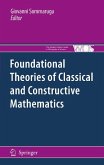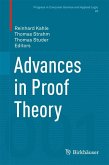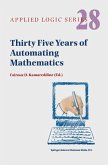The purpose of this anthology is to review the programmes in the foundations of mathematics from the classical period and to assess their possible relevance for contemporary philosophy of mathematics. What can we say, in retrospect, about the various foundational programmes of the classical period and the disputes that took place between them? To what extent do the classical programmes of logicism, intuitionism and formalism represent options that are still alive today? These questions are addressed in this volume by leading mathematical logicians and philosophers of mathematics.
The volume will be of interest primarily to researchers and graduate students of philosophy, logic, mathematics and theoretical computer science. The material will be accessible to specialists in these areas and to advanced graduate students in the respective fields.
Dieser Download kann aus rechtlichen Gründen nur mit Rechnungsadresse in A, B, BG, CY, CZ, D, DK, EW, E, FIN, F, GR, HR, H, IRL, I, LT, L, LR, M, NL, PL, P, R, S, SLO, SK ausgeliefert werden.

